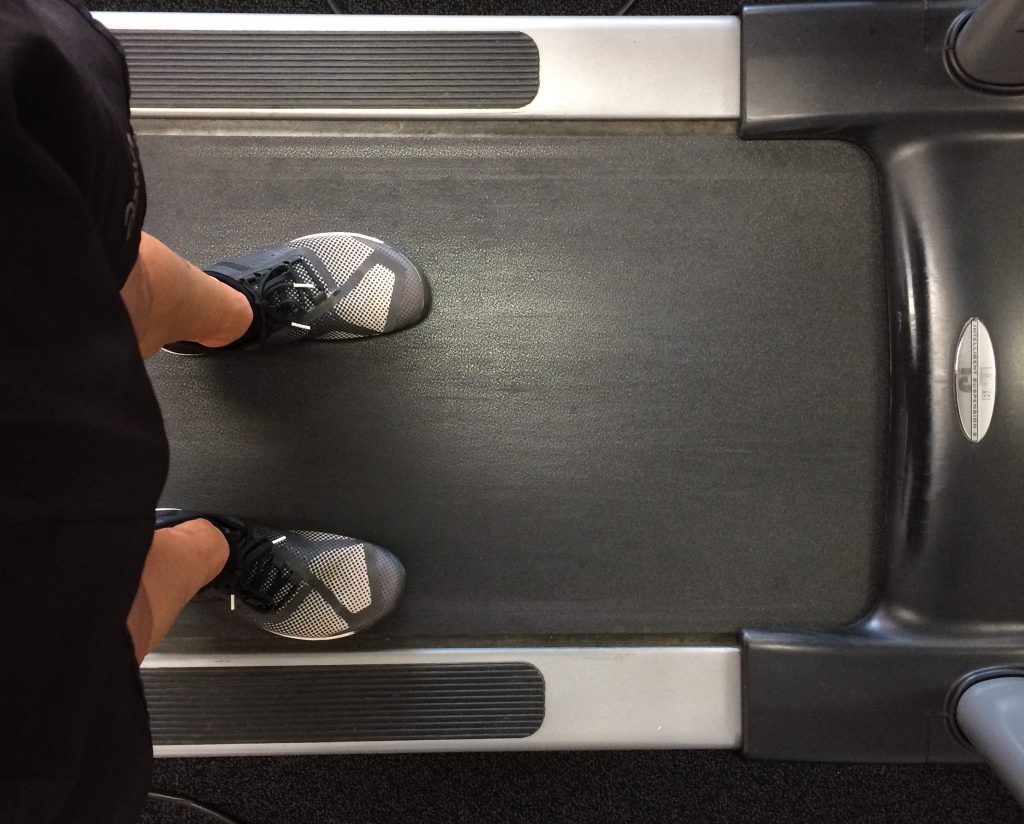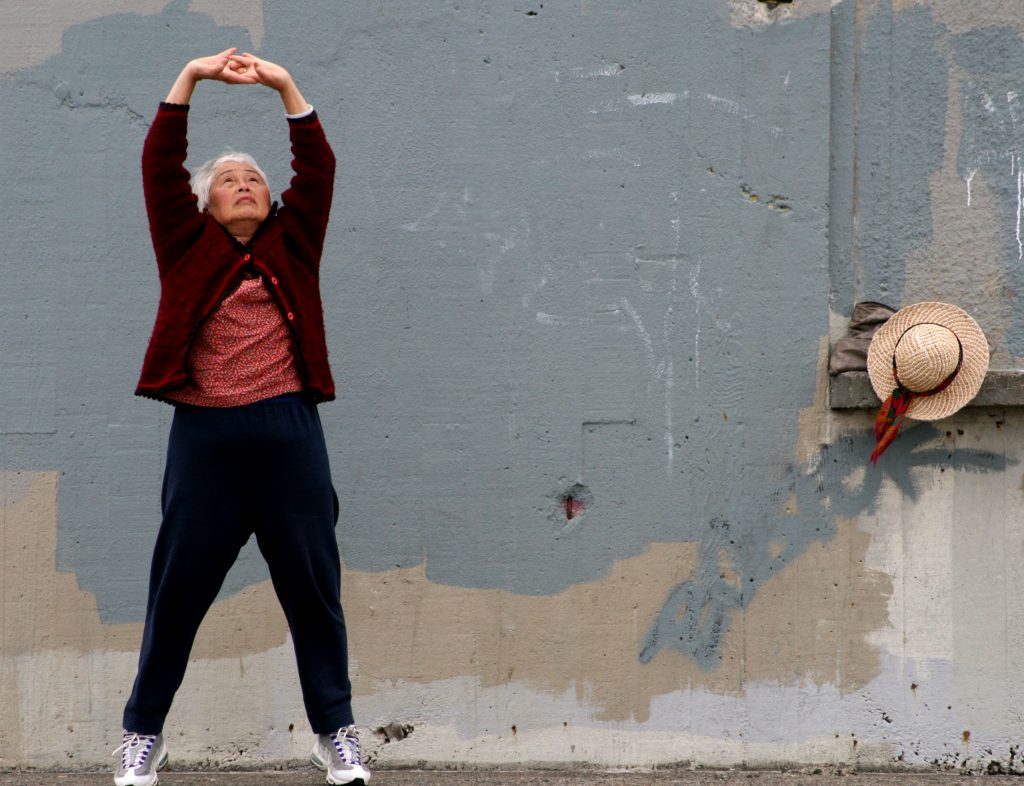
The Powerful Effect of Exercise on Women with Heart Failure
Photo Credit: Glen Scott, via Flickr Creative Commons
Joan always struggled with her weight and never liked to exercise. When I met her as a rehab patient, she was in her early 70s, and she’d been feeling especially tired and short of breath for about a month. Her weight had shot up, along with her blood pressure. Her doctor said her heart was failing and prescribed medication, a change in diet, and 12 weeks of supervised exercise.
When women begin exercise training they can achieve the same improvement in fitness as men
When she showed up for her first session with me, she said, “I hate exercise.” She was wearing a loose housedress and house slippers. I looked at her feet. “I don’t own sneakers,” she said. “Shall we get started? What torture are you going to put me through?”
In my 25 years as a trainer, I’ve met many Joans. Women with heart failure tend to start out less fit than their male counterparts, according to research from a multi-site team, published in the April, 2014 issue of JACC Heart Failure. The good news, the study found, is that when women begin exercise training they can achieve the same improvement in fitness as men. The boost has a more powerful effect at keeping women out of the hospital and alive.
About 42 percent of people who have been hospitalized for heart failure die within five years. To improve your chances, you need to exercise, even if you have advanced heart failure, research now suggests.
If you’re in the “I hate exercise” school, the culture shock may feel like moving from Minnesota to Malaysia. You just don’t feel like you fit in! Joan adjusted. She brought sneakers to her next session and wore sweatpants and one of her husband’s T-shirts a week later. She stuck with it, and after a month, her symptoms had vanished. After three months, she’d lost some 15 pounds, and had joined a gym. Best of all, she told me, she felt fantastic.
You can have the same results.
Training is Essential
If you have just been diagnosed with heart failure, find a trainer with knowledge of heart disease and experience with heart patients. Many people back off and stop as soon as they feel a bit winded. You may need to rest, and maybe switch to a different activity, before you return to what you were doing.
You might feel winded instantly on a treadmill and flourish on a stationary bike. A trainer will help you experiment and evaluate how you respond.
Joan started out using equipment that allowed her to sit while she took steps, or while she moved her arms. By the fourth week, she moved to the treadmill. After a month, when her symptoms were gone, she began lifting light weights. On her sixth week she was using an elliptical machine. A trainer will keep you motivated and allow you to move forward safely, with confidence.
Sweat is Good
Many new exercisers arrive in their everyday clothing and expect to go through the rest of the day without a change or shower. A true workout makes you sweat. If you don’t sweat, you aren’t getting the most health benefit for your time. You’ll also miss the emotional reward—the famous “runner’s high.” You’re cheating yourself if you hold back because you don’t have time to shower before you go shopping or return to the office.
Strength is Good
Some women worry that if they lift weights they’ll look too bulky and less feminine. Actually, you’d have to train as a muscle-builder to look like a muscle-builder. Everyday strength-training will make you stronger, fitter and happier in your body, which is highly attractive.
If you decide to use gym equipment, make sure that you get all the help you need. Trainers and staff should demonstrate patience and good humor—or ask for someone else.
You can do push-ups, crunches, wall squats, and never have to touch a dumb-bell. You might also try strength-building classes—look for “Pilates,” or “Barre” on a gym schedule.
Gyms are For Everyone
Some people dislike the loud music in many classes. You might be uncomfortable in a room full of grunters younger than your kids.
It’s true that you can do strength-training exercises and keep light weights at home and run or bike outside.
But I love to see beginners and older people at gyms. You can benefit from the camaraderie and classes. You’ll also be setting an example to young and old that we all can exercise at any level and any age. Trust me, you belong!
What’s keeping you from exercise?








